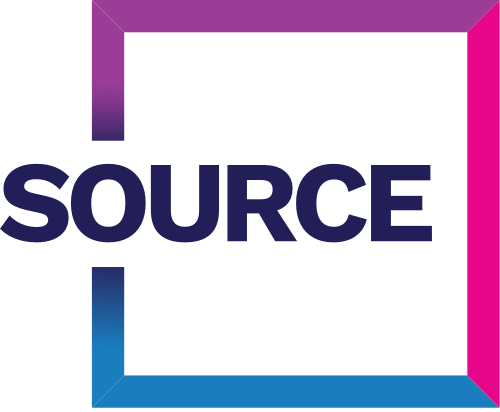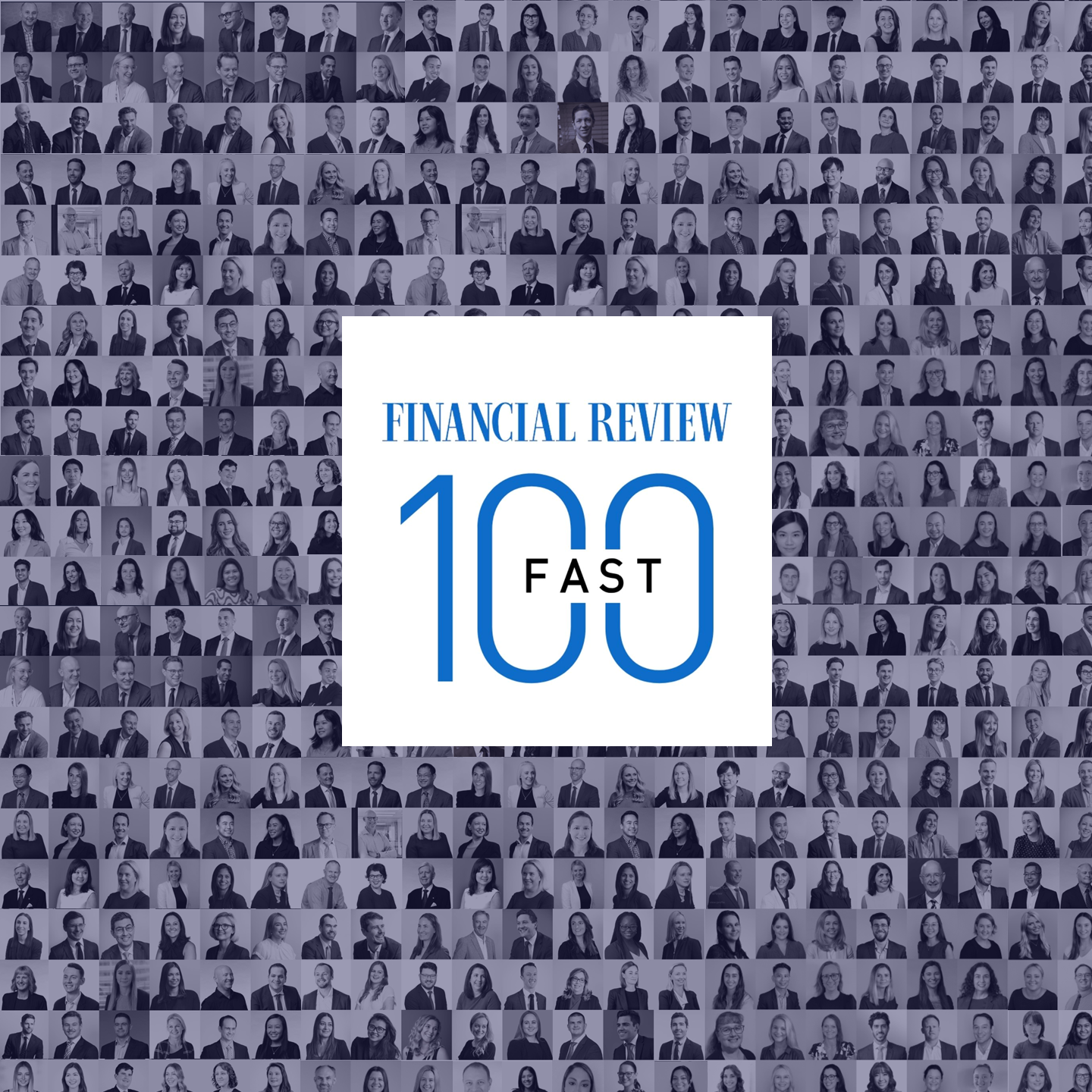According to the recently published survey of legal departments conducted by the Australian Corporate Lawyers Association and its counterpart in New Zealand a whooping 4% of inhouse lawyers consider hourly billing to be the best approach of pricing legal services. This is hardly surprising – hourly billing has been actively disliked by clients and (most) lawyers for a long time. A more interesting statistic is that more than 50% of in-house lawyers do not believe they were being offered a viable alternative.
This is understandable given that most law firms only pay ‘lip service’ to alternative fee arrangements while maintaining the hourly rate as their mainstream pricing approach. Furthermore, when law firms offer a fixed price for a service, they often arrive at a price by multiplying the estimated number of hours by the hourly rate and include a few pages of impractical assumptions and qualifications, such as the number of phone calls or exchanges of drafts.
When we call a plumber, the plumber does not tell us how long it takes them to commute, the petrol they will use and the time they may spend at our house. The plumber just gives us a price. Admittedly, at this point we may take a deep breath and possibly think why we have wasted five years on a law degree instead of doing a six month plumber apprentice course at the local TAFE.
Similarly, when we go to an Apple shop and buy a new iPad, the “genius” at the counter does not explain what it costs to manufacture, ship and sell the iPad. This is just as well – it would be depressing to know the profit Apple makes on you every six months or so.
The plumber and Apple simply sell us their respective services and products at the price we will pay. Why shouldn’t legal services be sold like that? The idea, hardly revolutionary since 99.9% of the business world has been operating like this forever, is to price the service based on what the client will pay for it. To put it another way, the price is based on the value of the service to the client.
I know some of you are now thinking: “But this is so subjective.” Well, yes it is, but so are most things in life. In any event, is a partner’s hourly rate of $800 (or $1200 if it’s a tax law partner) objective? What about $250 for a graduate (with all due respect to their experience in university debating competitions and in an orphanage in India)?
A value-based fixed price may be subjective but if a client happily accepted it and is satisfied with the service, then it has received value for money. And by the way, unlike scarce plumbers and Apple products, there are more lawyers in Australia than there is legal work. So with a bit of skill, clients will get good value for money for the legal services they need.
Stanislav Roth is the founder of Source Legal (www.sourcelegal.com.au), which provides legal services exclusively on a fixed price basis. Prior to founding Source Legal, Stanislav has worked in senior in-house legal roles with leading companies, including as a regional (Asia-Pacific) general counsel of multinational energy company, Areva and senior legal counsel at Lend Lease.

















